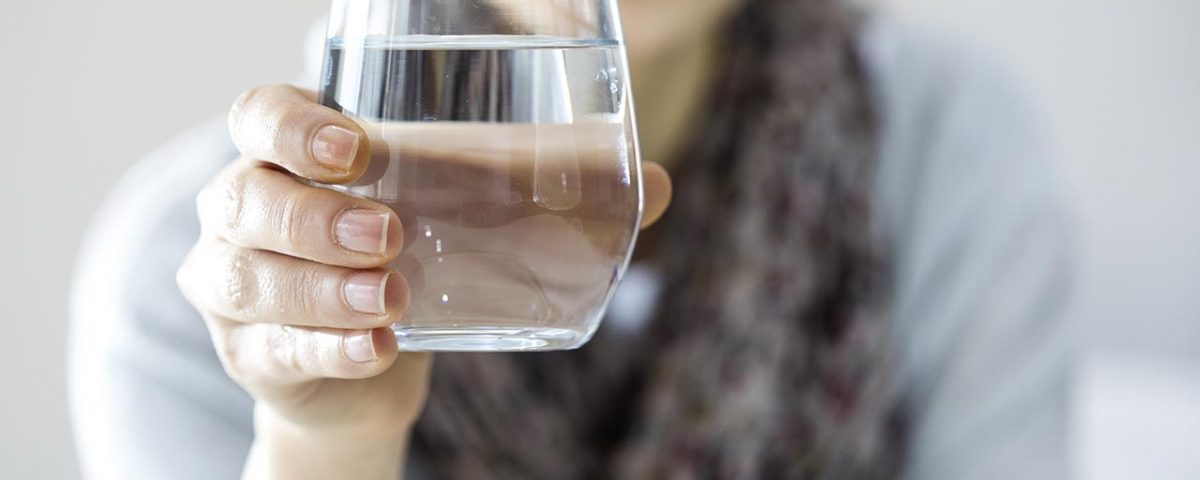Over 14 million adults in the United States had or have an alcohol use disorder.1
For the recovering alcoholic, life without alcohol can be difficult. Besides missing how wine made them feel when their body was dependent on it, some alcoholics may also miss the taste. To help fill this void, a company in Israel has rolled out water that tastes like wine and the product is now hitting U.S. stores. While this may seem like good news, is wine water safe for recovering alcoholics?
A Non-Alcoholic Solution for Recovering Alcoholics?
O.Vine is wine essence water. This nonalcoholic water is made from leftover grape skins and seeds from the winemaking process with a method they call upcycling.2 This product not only eliminates waste, but is also alcohol-free and has started to appear in stores in the United States for purchase.
Many people who completed an inpatient or outpatient program and are now sober may rush to try this new product, but they should proceed with caution. While the product does not contain alcohol, it could lead the recovering alcoholic down a slippery slope. Carrying around a wine glass of water that tastes like wine may lead to unwanted associations or addiction cravings that can be overwhelming, especially if you are in early recovery. The taste alone may trigger old memories and could eventually lead to relapse if the recovering alcoholic isn’t careful. While it may be tempting to try, as a rehab center in Massachusetts, we know all too well that it may not be worth the risk
This wine water is not the first of its kind either. There are many other beverages that, while advertised as a no-alcohol beverage, may still be troublesome for alcoholics in recovery. Several major beer companies are now offering low or what they are calling non-alcoholic beers; but while the labels say no alcohol, the ingredients may say otherwise. These deceiving products may contain up to as much as 0.5% alcohol.3 Kombucha is not safe for recovering alcoholics either. This tea contains a small amount of alcohol as well, even though it is often marketed as non-alcoholic. Even such a small amount of alcohol can lead to relapse, so these beverages are not safe options for recovering alcoholics.
Instead of putting yourself in an uncomfortable situation, it may be best to steer clear of these beverages altogether. As an alcohol rehab in the Boston area, we know you must actively choose sobriety each and every day in order to see long-term success. Because of this, we work to prepare our patients as best as we can for their life outside of treatment. From learning how to handle addiction triggers to creating a healthy routine, early recovery should also focus on life after treatment.
If you or someone you care about is addicted to alcohol or drugs, do not wait to get help. At Banyan Massachusetts, we will not only help you or your loved one overcome this addiction but also prepare for a sober lifestyle.
To get started, reach out to us immediately at 888-280-4763.
Sources:
- NIH - Alcohol Facts and Statistics
- Vine - Upcycling
- Drinkaware - Difference between alcoholic and non-alcoholic beers








